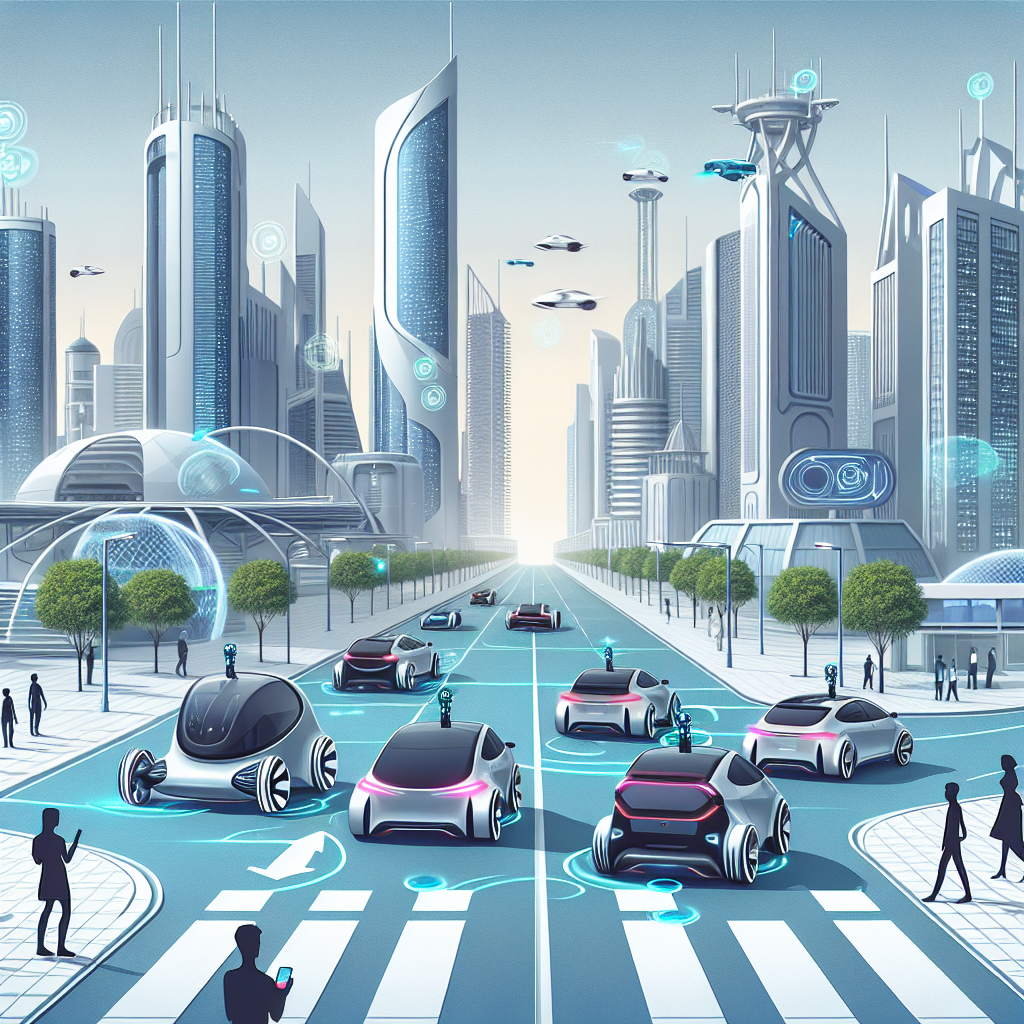The Rise of Driverless Cars: A Look into the World of Autonomous Vehicles
In recent years, the automotive industry has seen a significant shift towards the development and adoption of driverless cars. These autonomous vehicles, equipped with advanced technology such as sensors, cameras, and artificial intelligence, are revolutionizing the way we travel and are poised to transform the future of transportation.
One of the key drivers behind the rise of driverless cars is the potential to improve road safety. According to the World Health Organization, over 1.35 million people die each year in road traffic accidents, with human error being a major contributing factor. By removing the human element from driving, autonomous vehicles have the potential to significantly reduce the number of accidents and save countless lives.
In addition to safety, driverless cars also offer numerous other benefits. They have the potential to reduce traffic congestion, as they can communicate with each other and coordinate their movements more efficiently than human drivers. This could lead to shorter commute times and less time wasted sitting in traffic jams. Driverless cars also have the potential to improve fuel efficiency and reduce emissions, as they can be programmed to drive in a more eco-friendly manner.
The rise of driverless cars has also sparked a wave of innovation in the automotive industry. Companies such as Tesla, Google, and Uber are investing heavily in autonomous vehicle technology, and traditional automakers are also jumping on the bandwagon. This has led to the development of new technologies and business models, as well as partnerships between automakers and tech companies to bring driverless cars to market.
However, the rise of driverless cars also presents a number of challenges. One of the biggest hurdles is regulatory approval, as governments around the world grapple with how to regulate and ensure the safety of autonomous vehicles. There are also concerns about the impact of driverless cars on jobs, as the widespread adoption of autonomous vehicles could lead to job losses in industries such as transportation and logistics.
Despite these challenges, the rise of driverless cars is inevitable. The potential benefits of autonomous vehicles are too great to ignore, and as technology continues to advance, driverless cars are likely to become a common sight on our roads in the near future. The world of autonomous vehicles promises to revolutionize the way we travel, and the future of transportation looks brighter than ever.


